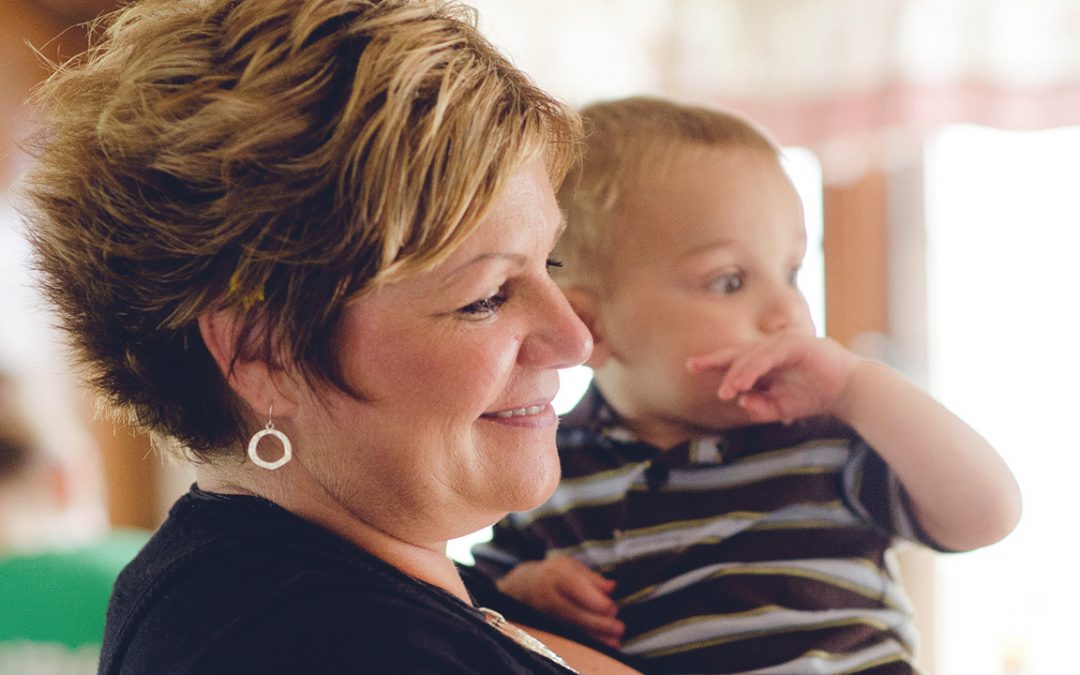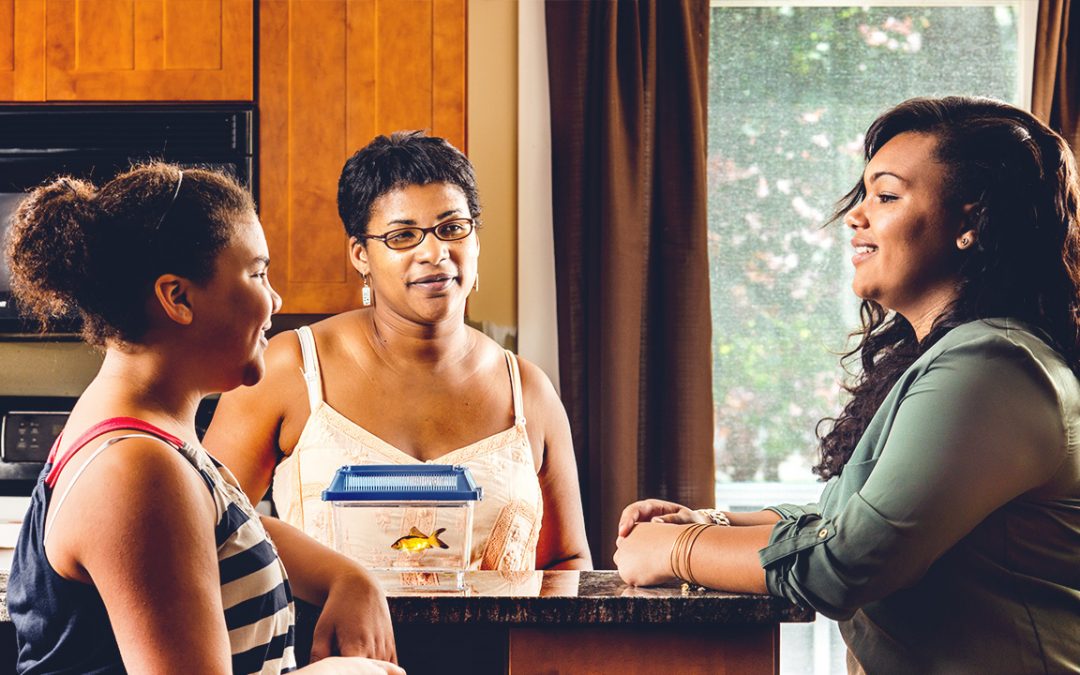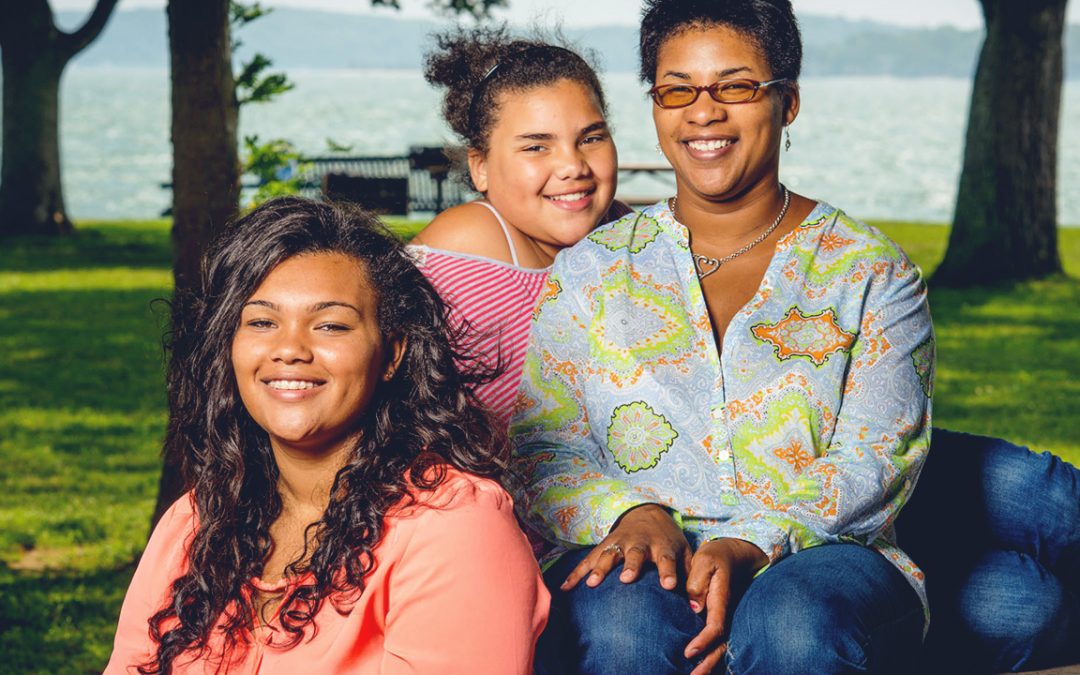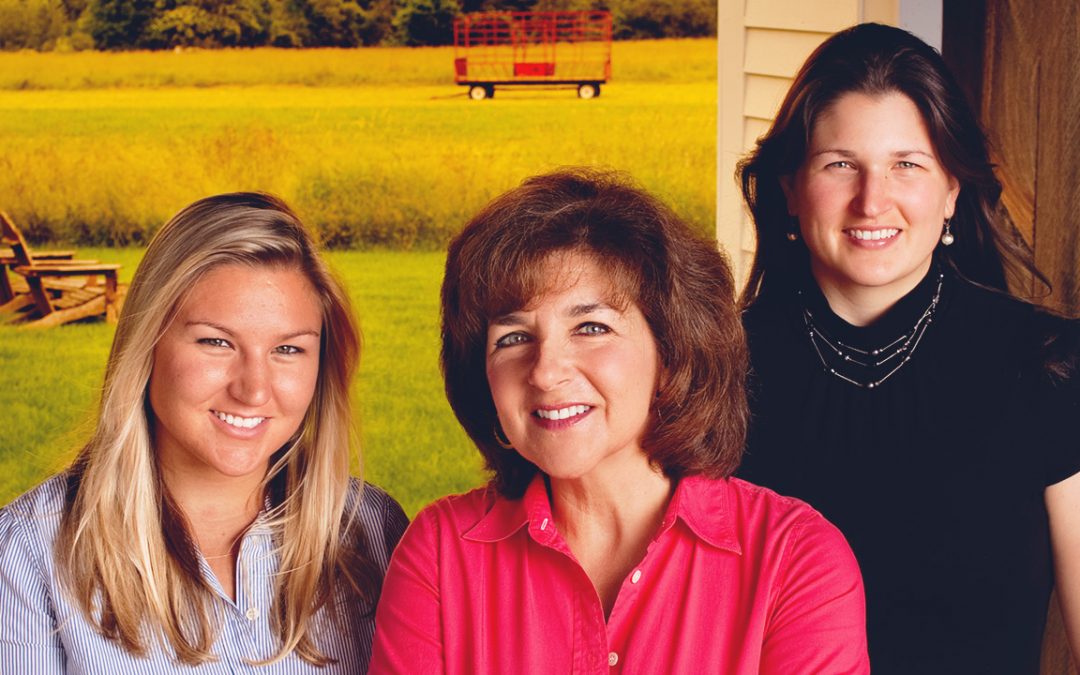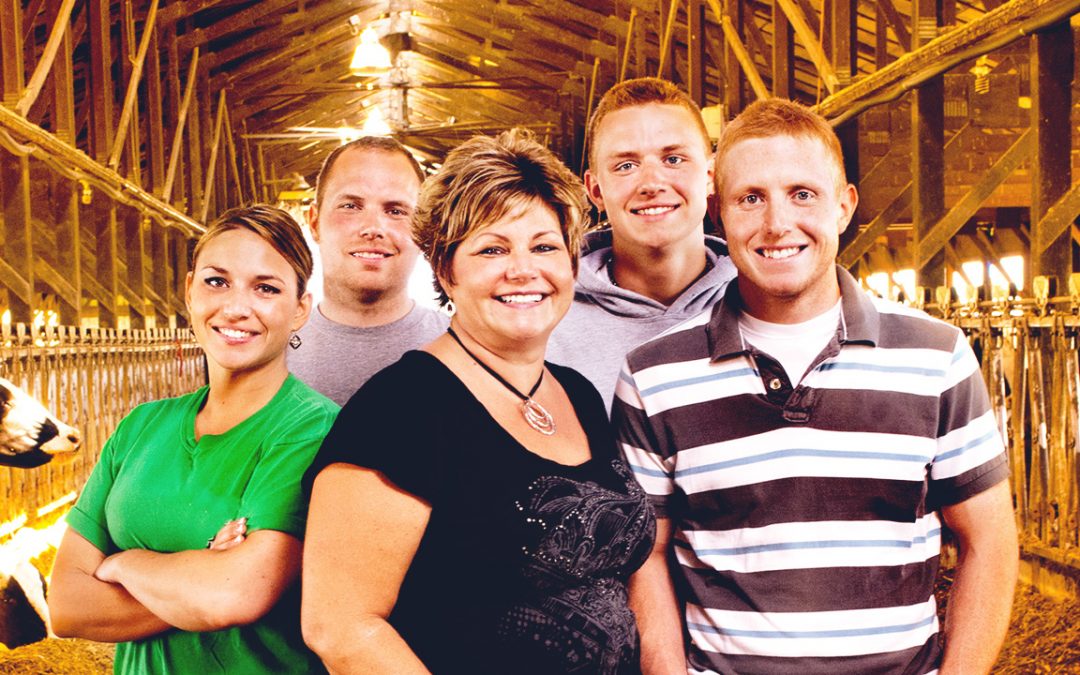
Keeping a Farm in the Family
Years later, with his children nearing adulthood and retirement within sight, Donald suggested that Paul consider converting the term policy to a whole life policy. Paul still needed to protect the next generation, and he liked the idea of accumulating cash values to supplement his retirement savings.
When Paul was diagnosed with a brain tumor three years later, the life insurance proved invaluable. He was able to use a loan against his policy’s cash values to pay his health insurance deductible.* In addition, Paul didn’t have to worry about keeping his policy in force because of a provision that waived his premiums in the event of a disability.
Paul died a couple years after his diagnosis, but his dreams for his family are very much alive today. His eldest son, Chad, 28, now runs the farm, and used part of the death benefit to add new barns. He plans to expand the operation to 500 cows, from the current 200. “We couldn’t have done any of these things without the insurance money,” Michele says.
*Withdrawing or borrowing funds from your policy will reduce its cash value and death benefit if not repaid, and may result in a tax liability if the policy terminates before the death of the insured.

